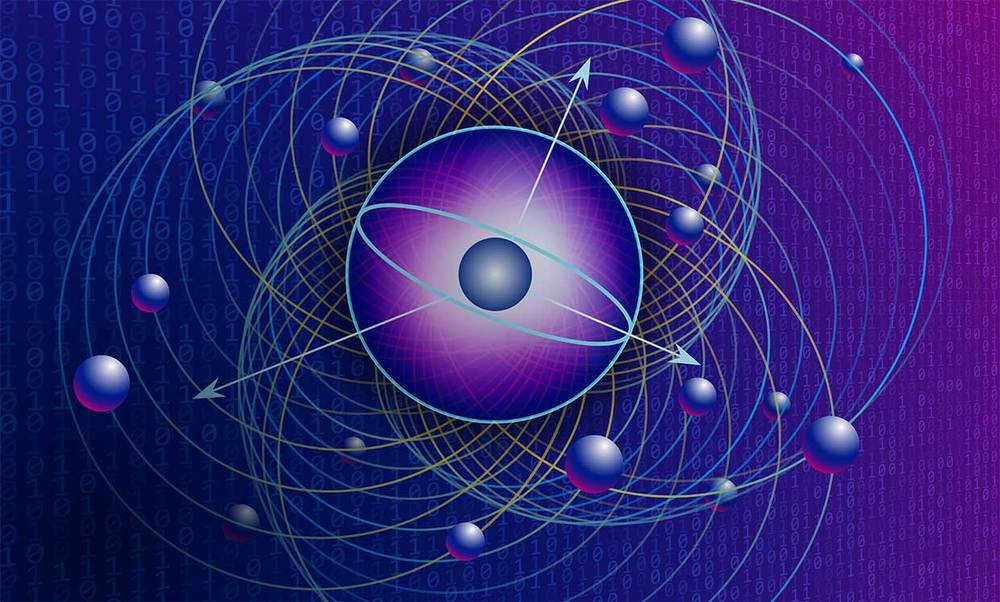Quantum computers theoretically can prove more powerful than any supercomputer, and now scientists calculate just what quantum computers need to attain such “quantum supremacy,” and whether or not Google achieved it with its claims last year.
Whereas classical computers switch transistors either on or off to symbolize data as ones or zeroes, quantum computers use quantum bits—qubits—that, because of the bizarre nature of quantum physics, can be in a state of superposition where they are both 1 and 0 simultaneously.
Superposition lets one qubit perform two calculations at once, and if two qubits are linked through a quantum effect known as entanglement, they can help perform 22 or four calculations simultaneously; three qubits, 23 or eight calculations; and so on. In principle, a quantum computer with 300 qubits could perform more calculations in an instant than there are atoms in the visible universe.
